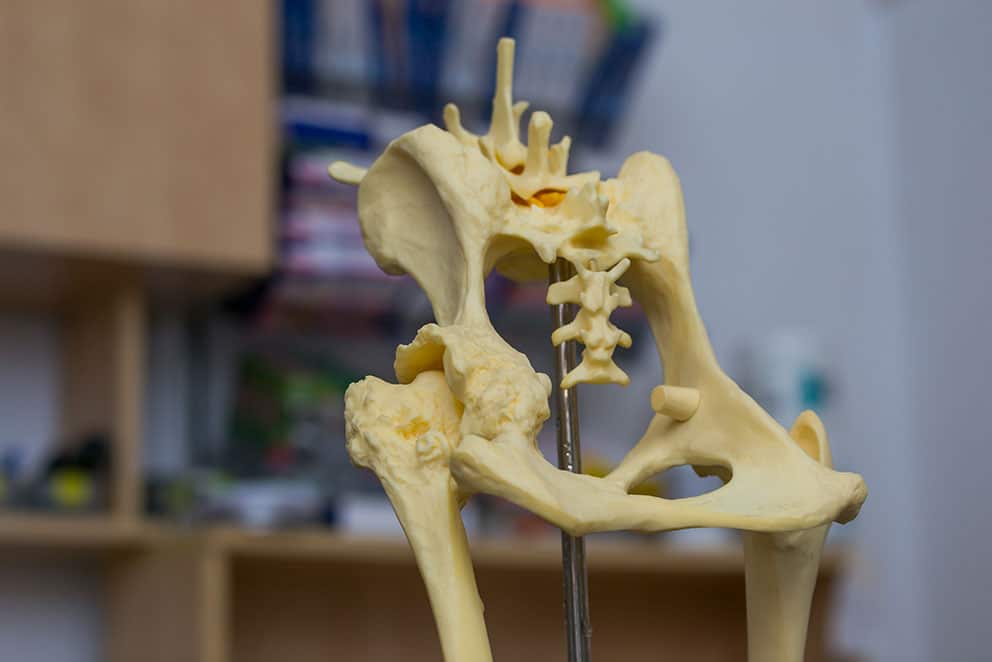Serious preventable diseases have recently been reported in the press. New strains and re-emergence of normally well controlled diseases have both been a problem.
A new strain of parvovirus, the extremely contagious and common dog virus which causes vomiting and haemorrhagic diarrhoea, has been discovered in Australia. Fortunately, the current vaccine available provides effective cover, so make sure your dog is up to date.
Similarly, Feline enteritis (cat parvo), a highly-contagious cat virus which we routinely vaccinate against has recently resurfaced across Australia. The re-emergence has been attributed to lower vaccination rates amongst this population of cats, highlighting the importance of vaccinating the majority of animals in order to impart “herd Immunity” to the population.
A new strain of Rabbit calici virus has also recently been released into the feral rabbit population in Victoria. Fortunately, the current available vaccination is effective at preventing clinical disease, however, the Australian Veterinary Association recommends that the following protocols should be followed.
Kittens: vaccinated at 4, 8, 12 weeks of age, then every 6 months.
Adults: 2 vaccinations 1 month apart, then a booster vaccination every 6 months.
Based on studies conducted so far, giving the vaccine at more frequent intervals does not have negative health effects.
As in all medical protocols, vaccinations should be tailored to your pet. As such we would like to make the decisions on how frequently to vaccinate your pets with you, based on their overall health and risk factors determined at either an annual or 6 monthly health check.






